Home>Ideas and Tips>Phantom Plumbing Fixing Mysterious Pipe Noises
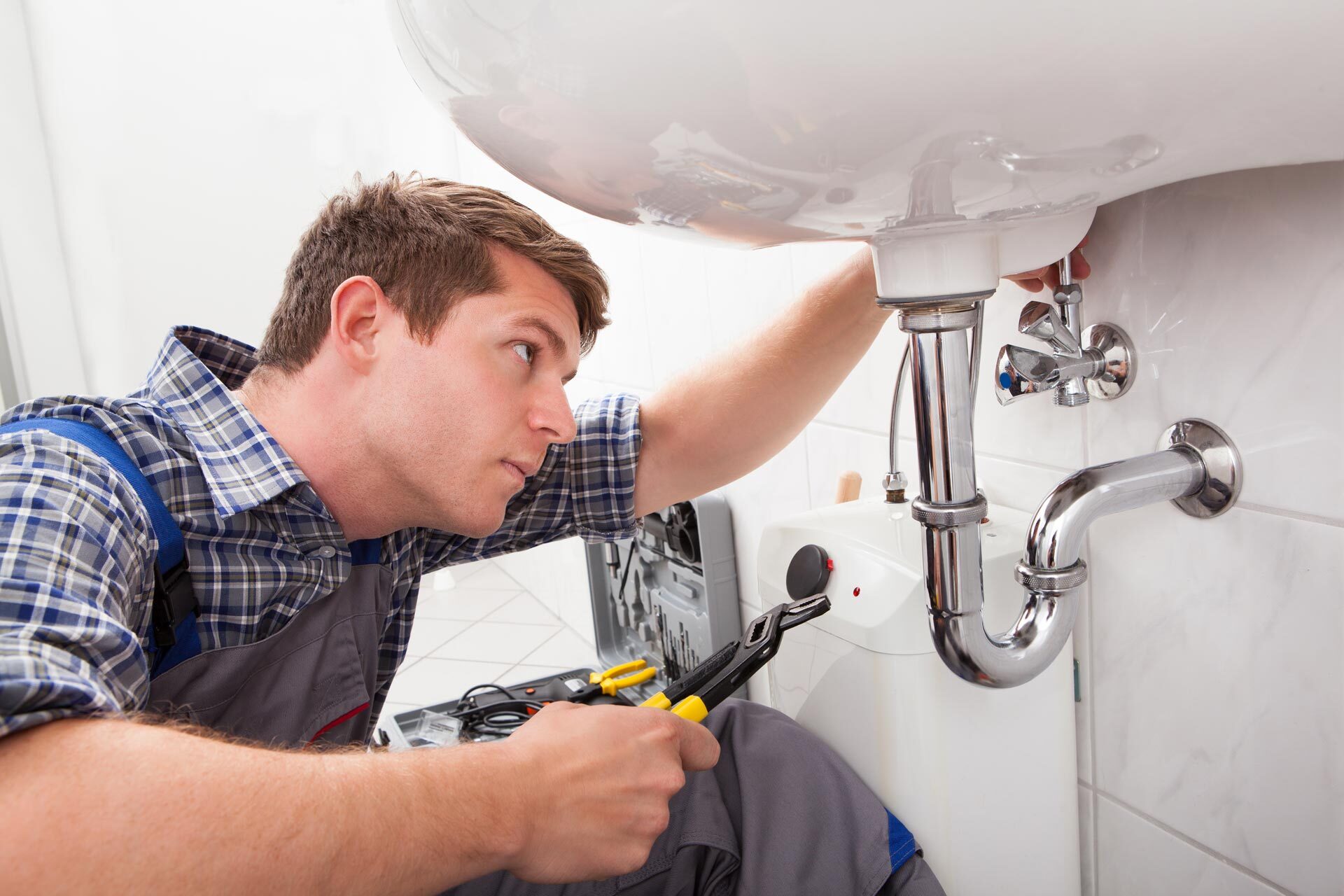

Ideas and Tips
Phantom Plumbing Fixing Mysterious Pipe Noises
Modified: October 20, 2024
Discover the causes behind mysterious pipe noises and learn DIY tips to fix common plumbing issues in your home. Ensure a peaceful night's sleep!
(Many of the links in this article redirect to a specific reviewed product. Your purchase of these products through affiliate links helps to generate commission for Storables.com, at no extra cost. Learn more)
In the quiet of the night, when the house is still and the lights are dimmed, strange noises can startle even the most seasoned homeowner. The creaks and groans of an old house are one thing, but the eerie sounds emanating from the pipes can be particularly unsettling. These mysterious noises often leave homeowners wondering if their home is haunted or if there's a more mundane explanation. In this article, we'll delve into the world of phantom plumbing and explore the common causes behind these enigmatic sounds.
Understanding Phantom Plumbing
Phantom plumbing refers to the strange noises that pipes and plumbing fixtures make, which can be quite alarming but are usually indicative of underlying issues. These noises can range from dripping and knocking to gurgling and whistling. While they might seem like ghostly apparitions, they are typically signs of problems that need attention.
Read more: Why Does My Plumbing Pipe Make Noise
Common Causes of Mysterious Pipe Noises
-
Dripping Sounds
-
A small pipe leak can cause a mysterious dripping sound. This is often the most straightforward issue to diagnose and fix. If you hear a dripping sound, it's essential to locate the source quickly. Turn off the main water valve to isolate the area and then turn on the faucet to drain any remaining water in the pipes. Remove the handle and replace the cartridge inside the faucet. If this doesn't solve the problem, it may be time to call a plumber for further assistance.
-
Example: A PVC vent pipe in a bathroom can emit a series of clicks/taps when hot water is run through the system, which might be mistaken for a dripping sound.
-
-
Knocking Noises
-
Knocking sounds often indicate water hammer, which occurs when water hits a quickly shut valve. This can be caused by high water pressure or loose pipes. If the knocking happens right after the faucet is turned off, it's likely due to water hammer. However, if it occurs while the water is running, it might be because the straps securing the pipes to the house have come loose over time.
-
Example: Water hammer can also be caused by high water pressure. Ideally, a faucet’s water pressure should range from 40 to 80 psi; anything higher could be causing the noisy problem.
-
-
Gurgling Noises
-
Gurgling sounds often indicate a blocked line somewhere in the system. This can create negative air pressure, leading to strange sounds coming from toilets or sinks. If a traditional plunger isn’t able to solve the problem, it may be necessary to call a plumber for drain cleaning or better ventilation.
-
Example: A toilet making odd noises and gurgling when flushed is usually a sign that there is a clog somewhere in the system.
-
-
Whistling Noises
-
Whistling sounds are often caused by high flow rates and water pressure. While not dangerous, they can be quite annoying and might indicate an issue with the plumbing system.
-
Example: High flow rate and water pressure can cause whistling in the pipes, which isn’t dangerous but certainly warrants investigation.
-
-
Rumbling, Cracking, or Popping Noises
-
These noises are typically associated with water heaters. If you hear these sounds while the water heater is operating, it could mean mineral deposits have built up on the bottom of the tank. Flushing the water heater once a year can help prevent this issue.
-
Example: Rumbling, cracking, or popping noises from a water heater indicate mineral buildup and potential failure if left unchecked.
-
-
Sizzling or Hissing Noises
-
Sizzling or hissing sounds often mean water is dripping onto the gas burner of an electric water heater. If this is due to condensation, it’s harmless; however, if there’s an actual leak, it could signal tank failure.
-
Example: Sizzling or hissing sounds from an electric water heater indicate potential leaks that need immediate attention.
-
-
Clicking or Tapping Noises
-
Clicking or tapping noises are usually normal thermal expansion sounds as long as they only happen occasionally.
-
Example: Clicking or tapping noises from a water heater are normal if they occur occasionally; however, frequent occurrences might indicate a problem.
-
Diagnosing Phantom Plumbing Issues
Diagnosing phantom plumbing issues requires patience and a systematic approach. Here are some steps you can take:
-
Shut Off the Main Water Valve
- If you suspect a leak or other issue, shutting off the main water valve is crucial. This isolates the area and prevents further damage.
-
Drain Remaining Water
- Turn on the faucet to drain any remaining water in the pipes. This helps you pinpoint the source of the noise.
-
Inspect Visible Areas
- Inspect visible areas around pipes for signs of leaks or damage.
-
Check Water Pressure
- Check your home's water pressure using a pressure gauge. High water pressure can cause many of these mysterious noises.
-
Consult a Plumber
- If you're unsure about what you're dealing with, it's always best to consult a professional plumber who can diagnose and fix the issue.
DIY Fixes for Common Issues
While some phantom plumbing issues require professional attention, there are several DIY fixes you can try:
-
Replace the Flapper
- If your toilet is running briefly even after no one has touched the handle (phantom flushing), it means there’s a leak between the tank and bowl. Replacing the flapper is a simple DIY task that can solve this problem.
-
Drain and Refill Pipes
- If you suspect air bubbles causing troubles due to loose pipes or "T" shaped intersections without air caps, draining and refilling the pipes should fix this issue.
-
Replace Fill Valve
- Whistling sounds from toilets are often caused by failing fill valves or metal ballcocks. Replacing these parts can solve the problem.
-
Insulate Pipes
- Noisy motor sounds from sump pumps can be reduced by insulating the pipes to dampen the noise.
When to Call a Plumber
While some phantom plumbing issues can be fixed with DIY solutions, there are times when it's best to call a professional plumber:
-
Complex Issues
- If you're unsure about what you're dealing with or if the issue seems complex, it's always best to call a plumber.
-
Safety Concerns
- Any issue that involves water leaks or potential electrical hazards should be handled by a professional.
-
Preventative Maintenance
- Regular maintenance checks can help prevent many phantom plumbing issues before they become major problems.
Read more: Phantom Noises Silencing Squeaky Floors
Conclusion
Phantom plumbing noises are more than just eerie sounds; they often signal underlying issues that need attention. By understanding the common causes and taking a systematic approach to diagnosis, homeowners can address these problems effectively. Whether it's a simple DIY fix or a complex issue requiring professional attention, knowing how to decode the language of pipes can save you from sleepless nights and costly repairs in the long run.
In conclusion, phantom plumbing noises are not ghosts haunting your home but rather signs of problems that need fixing. By being proactive and knowledgeable about these issues, you can ensure your home remains safe and functional for years to come.
Additional Resources
For expert help diagnosing and repairing weird noises from your plumbing system, consider consulting a local plumber. Websites like Puget Sound Plumbing & Heating and Force Plumbing and Heating LLC offer valuable insights and professional assistance.
Remember, early detection is key to protecting your home from potential emergencies. By learning to decode the language of pipes, many of these problems can be easily remedied with the help of a plumber.
By understanding phantom plumbing issues and taking proactive steps to address them, you can enjoy a peaceful night's sleep without worrying about mysterious noises coming from your pipes.
Was this page helpful?
At Storables.com, we guarantee accurate and reliable information. Our content, validated by Expert Board Contributors, is crafted following stringent Editorial Policies. We're committed to providing you with well-researched, expert-backed insights for all your informational needs.
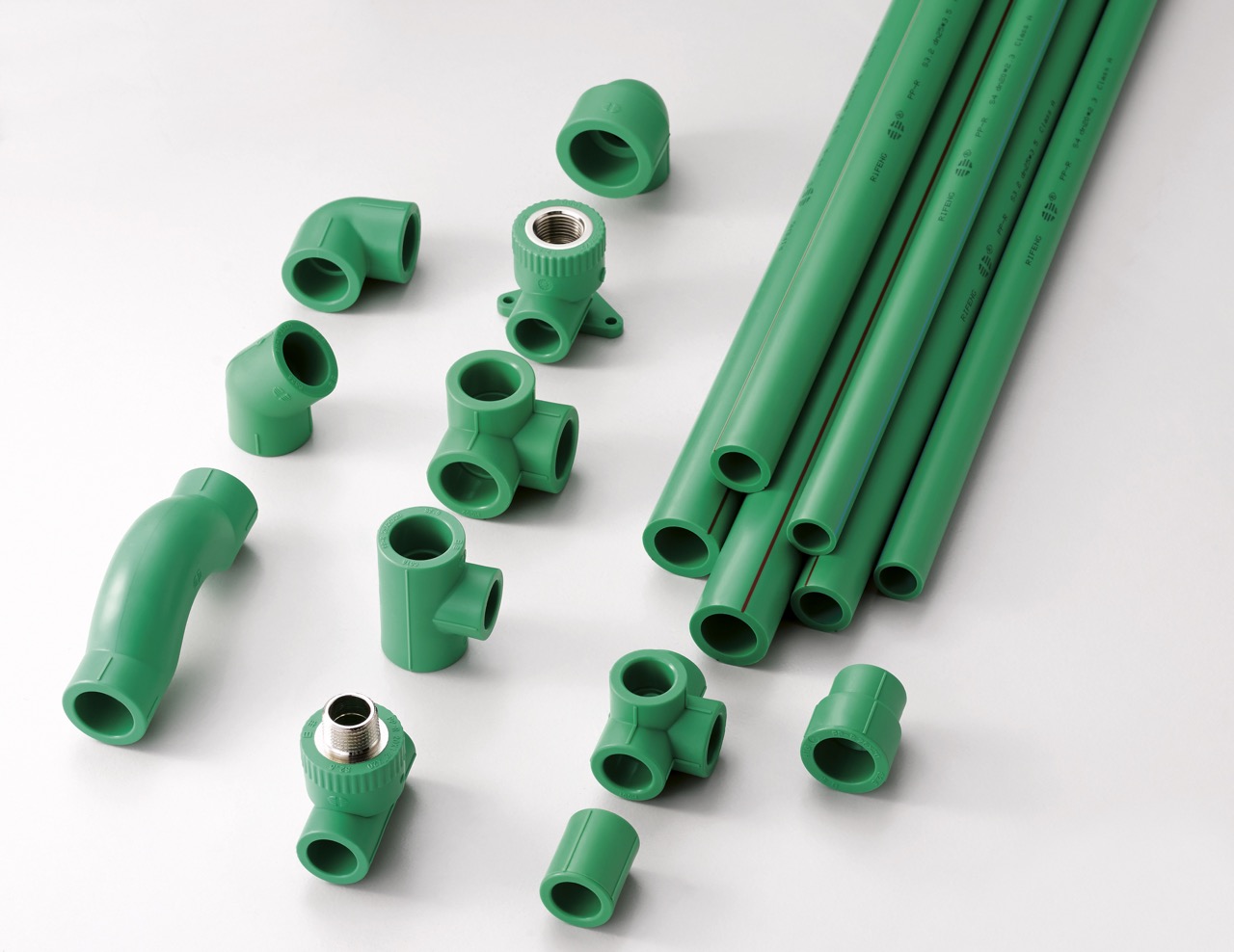
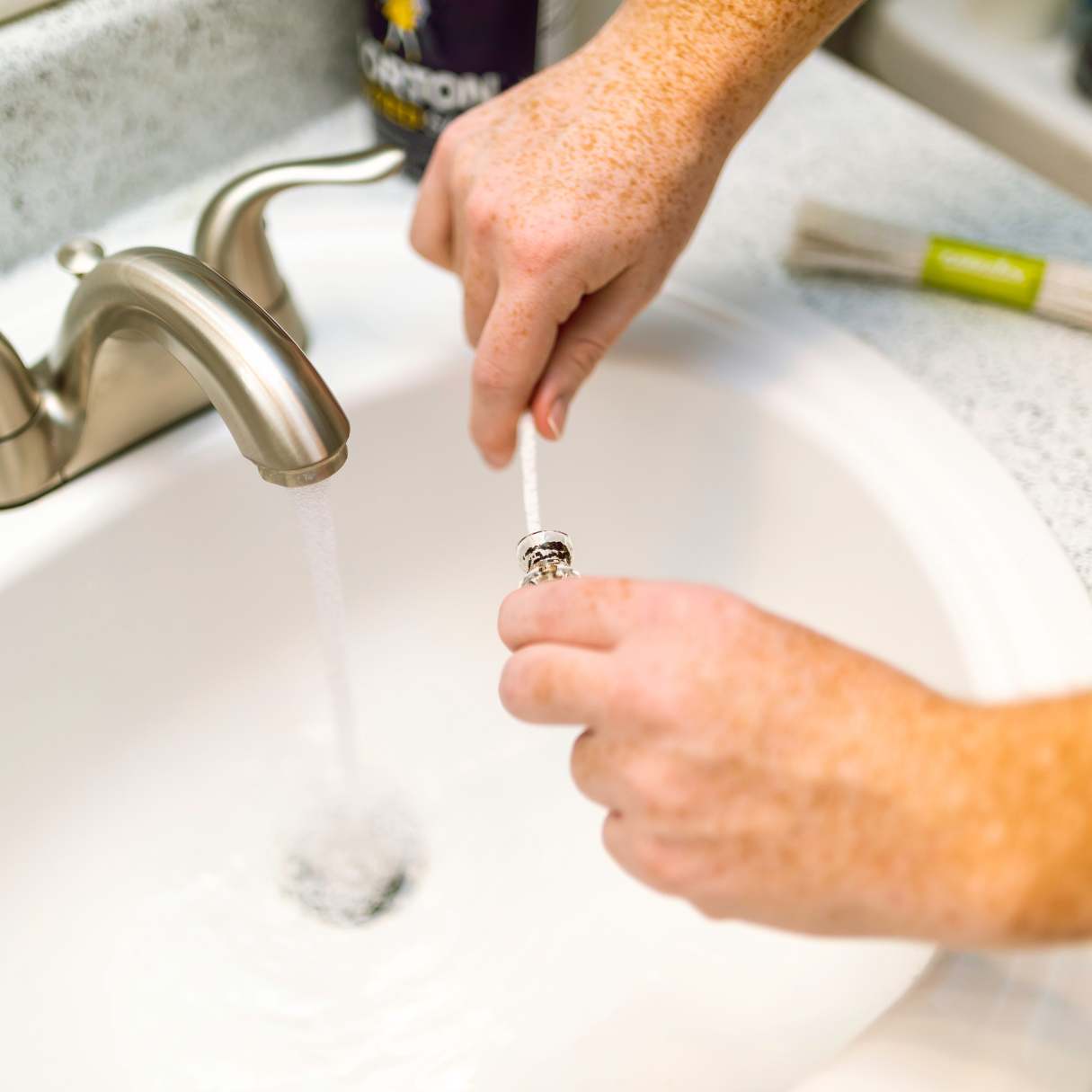
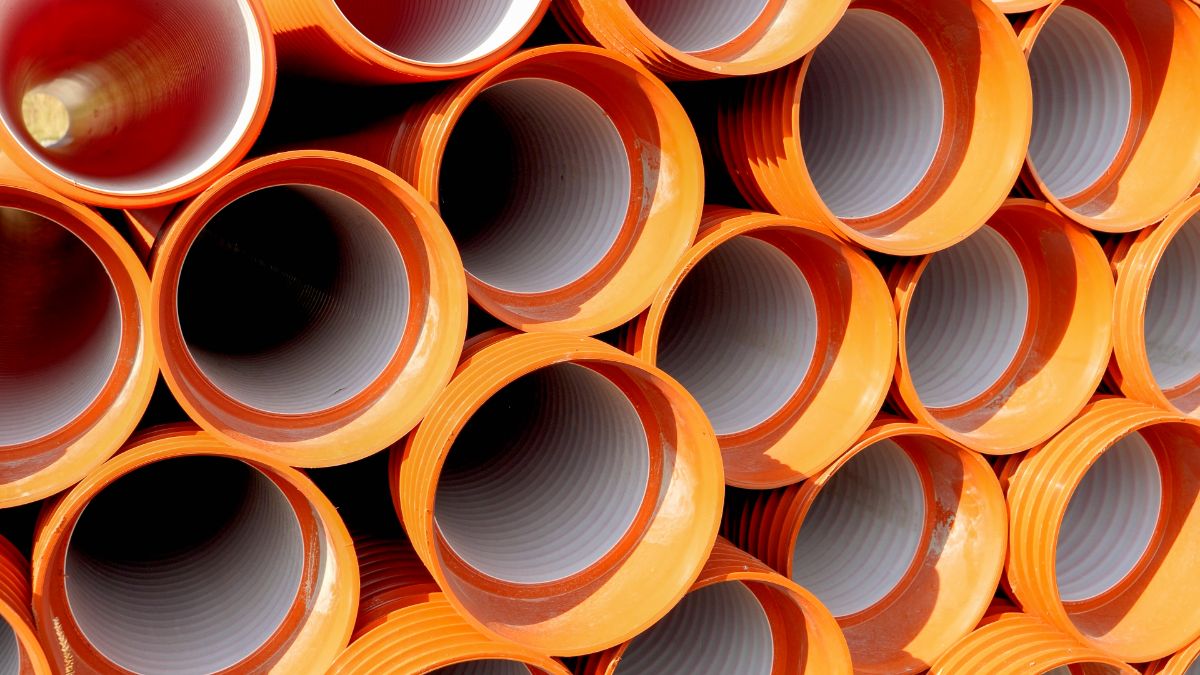
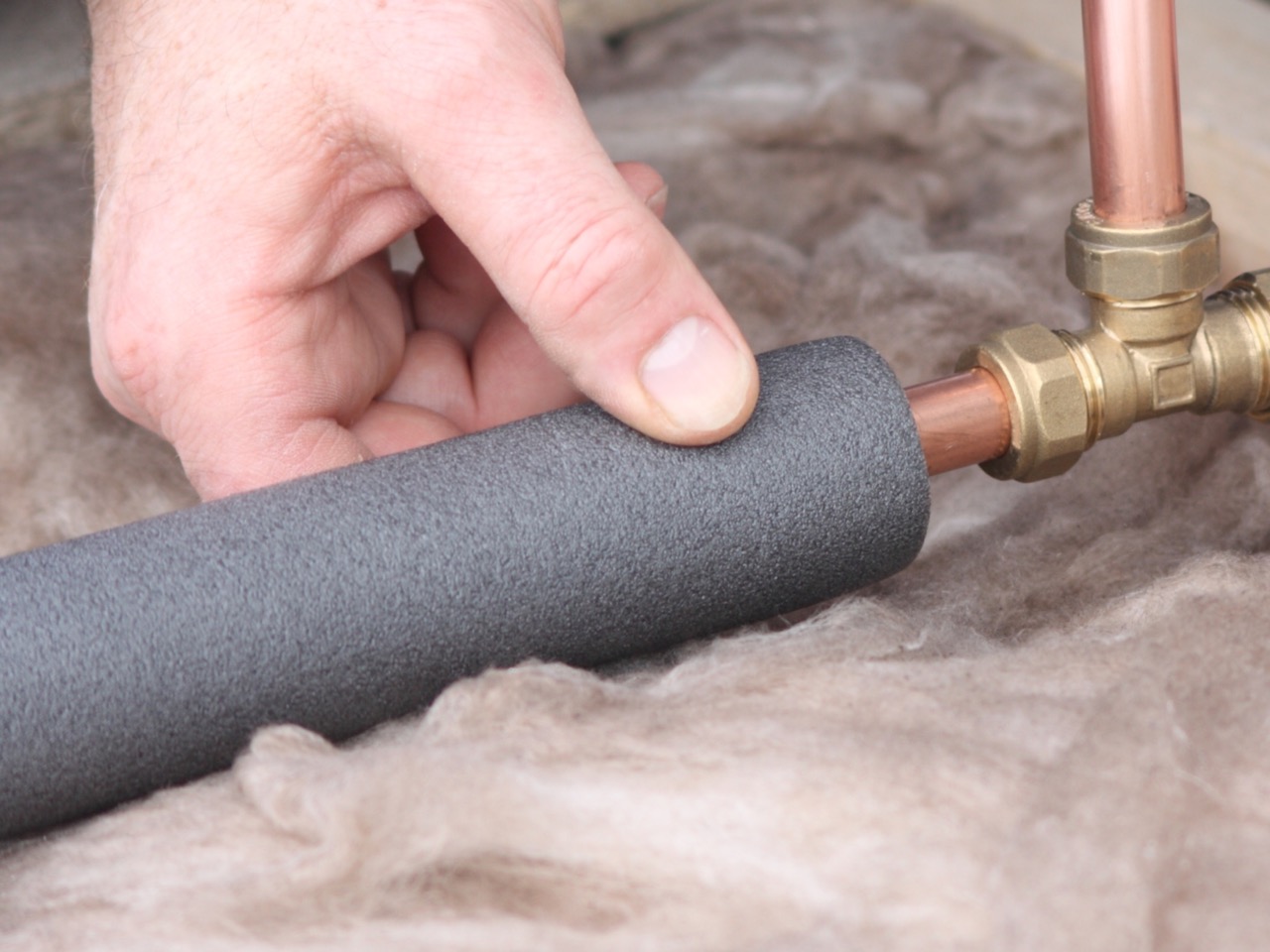
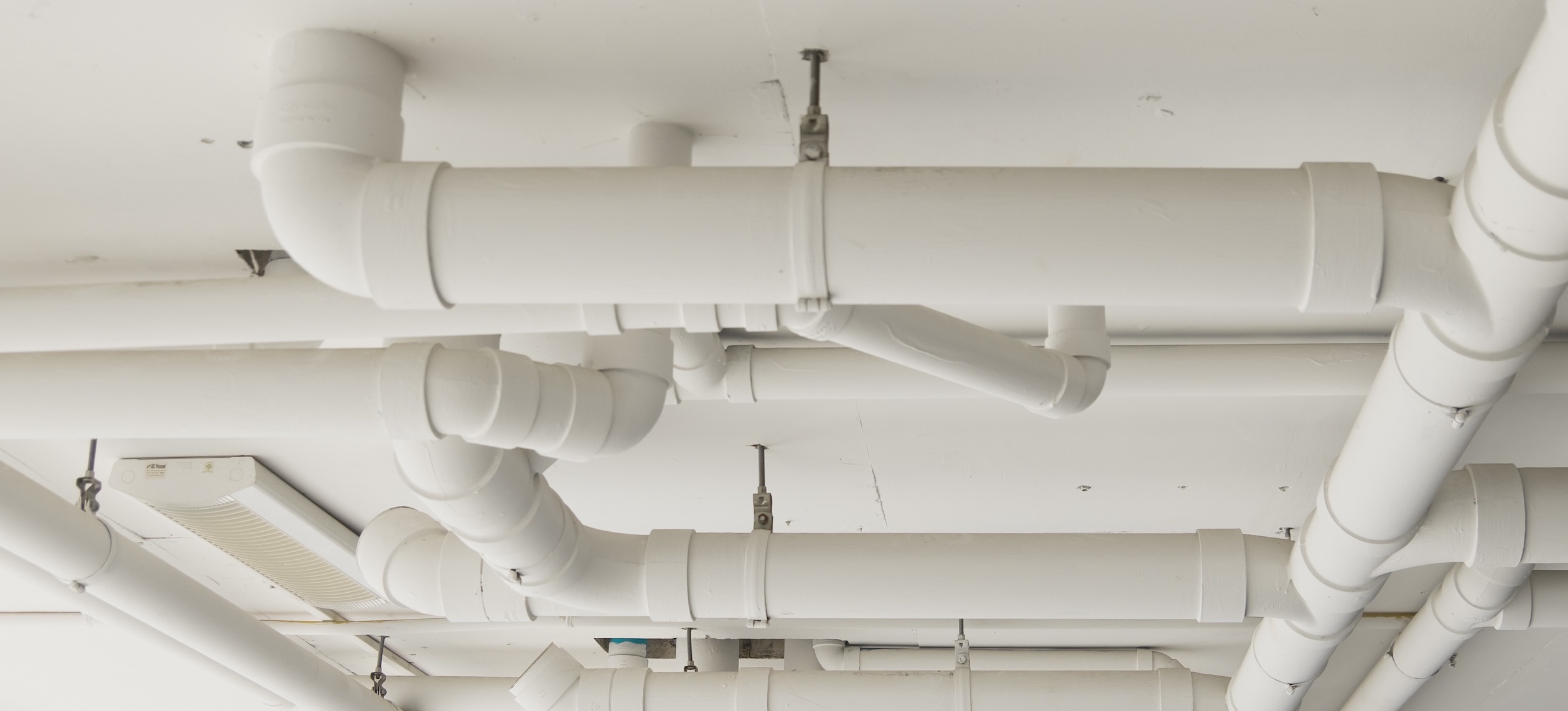
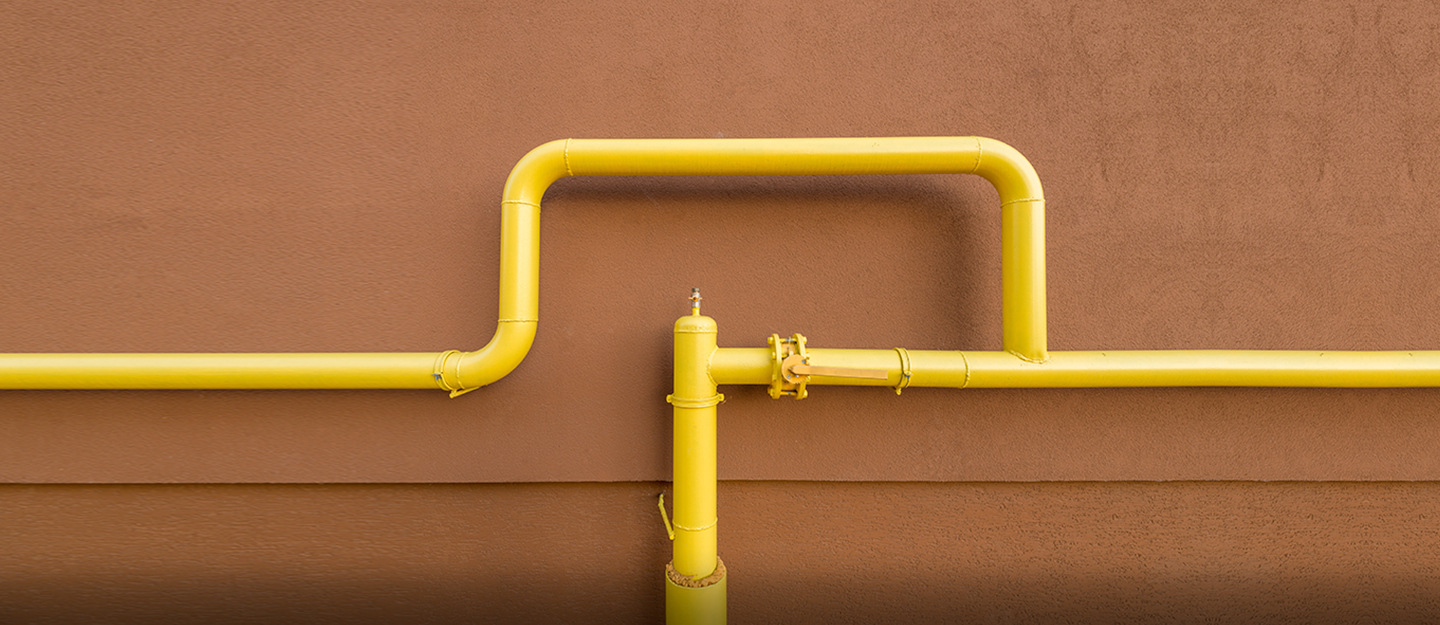
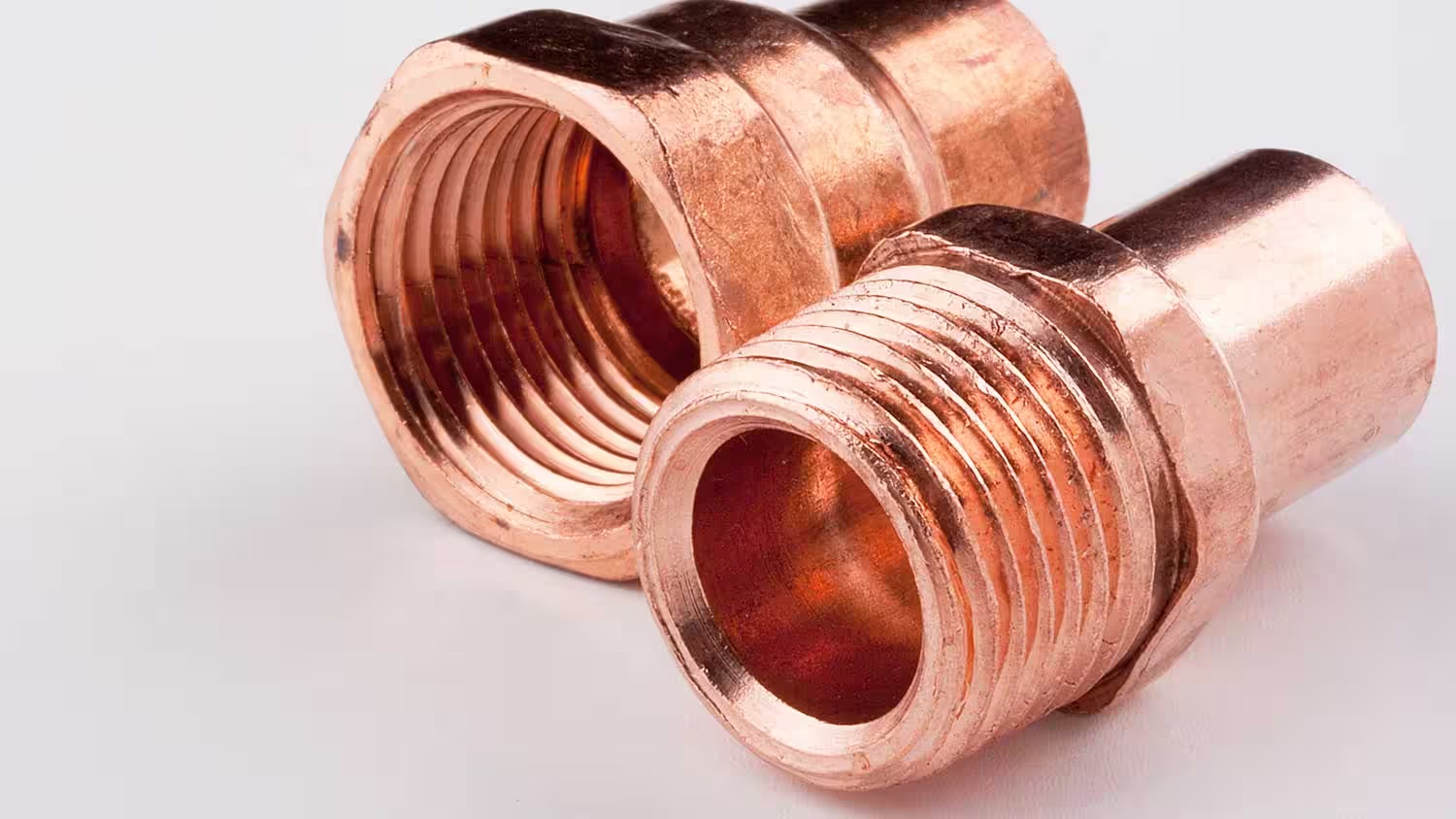
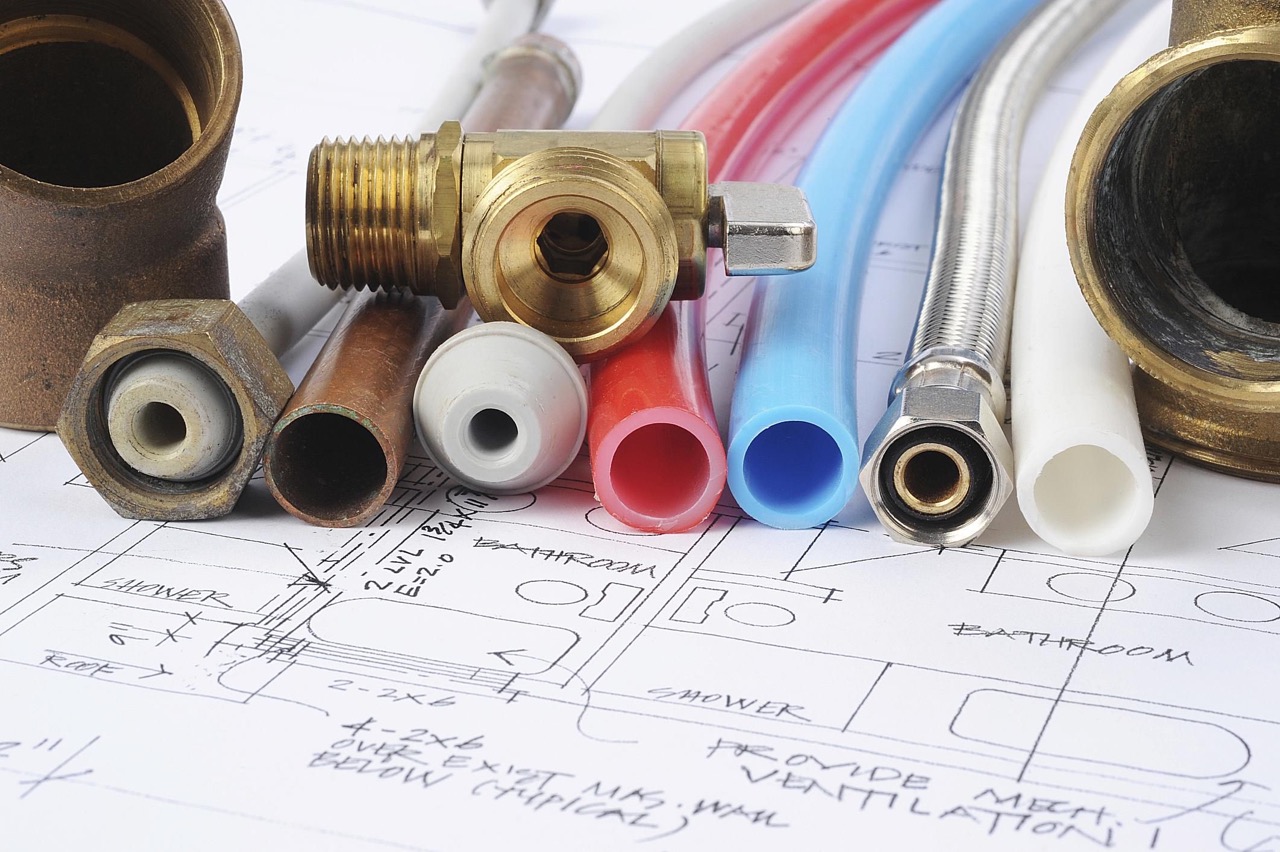
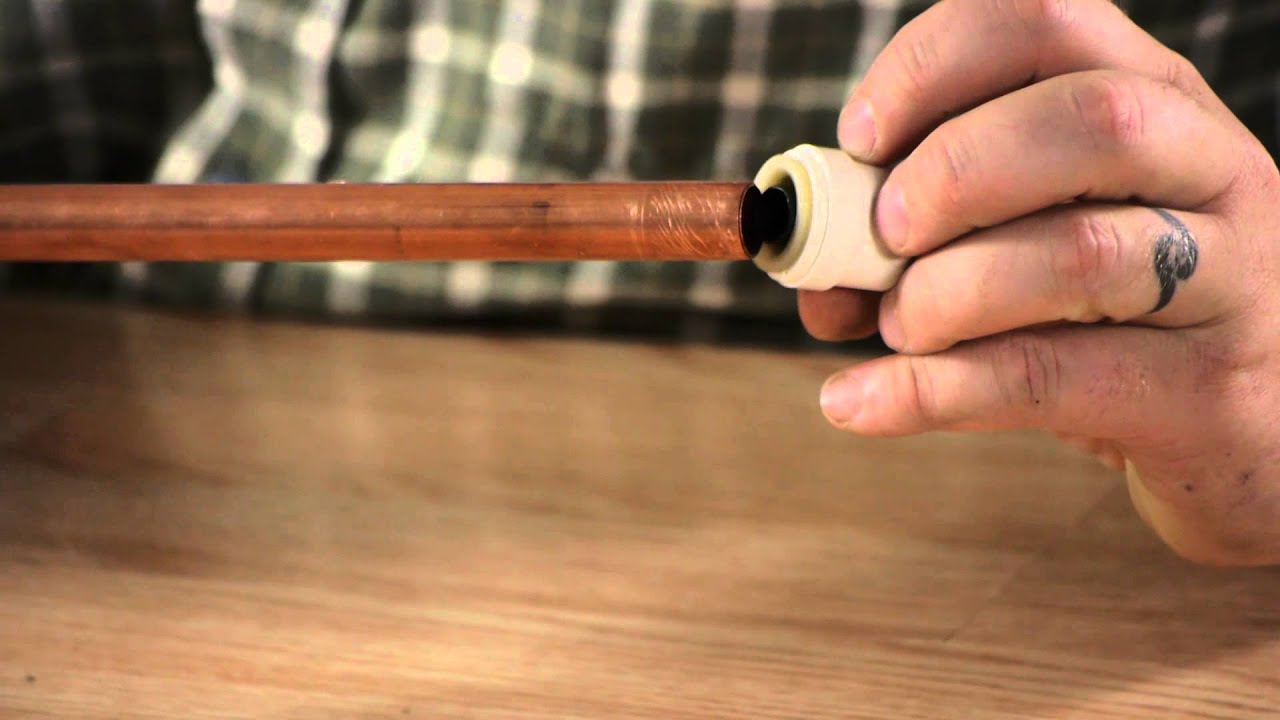
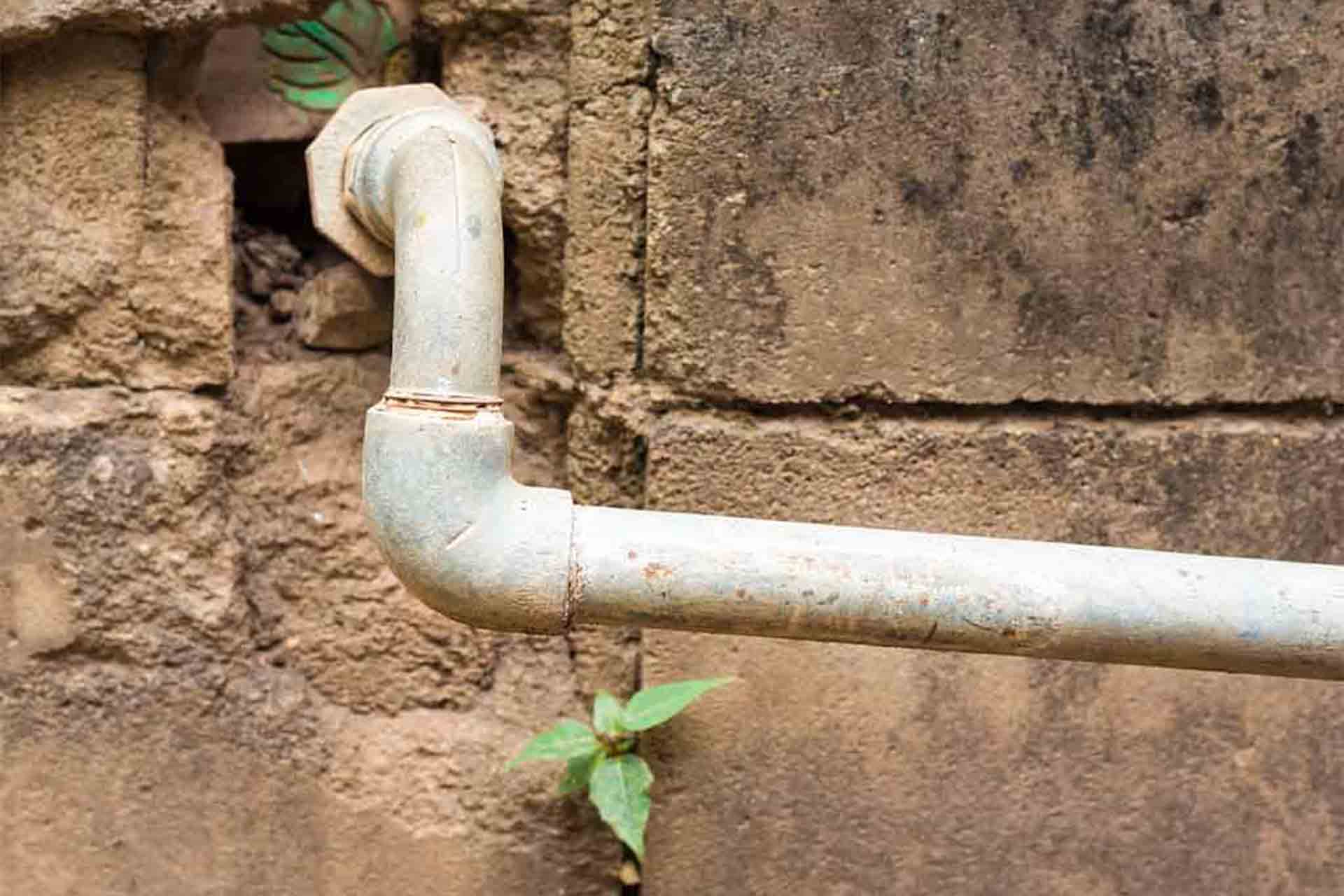
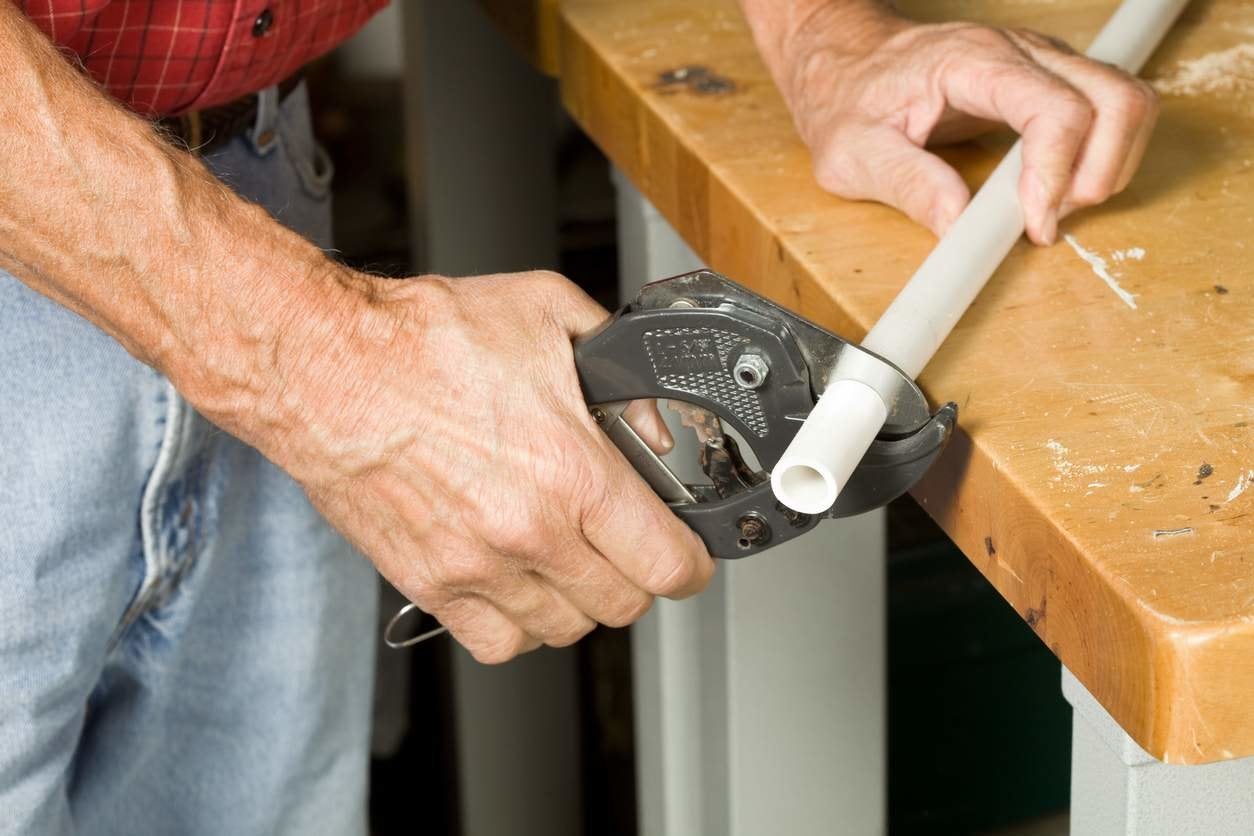
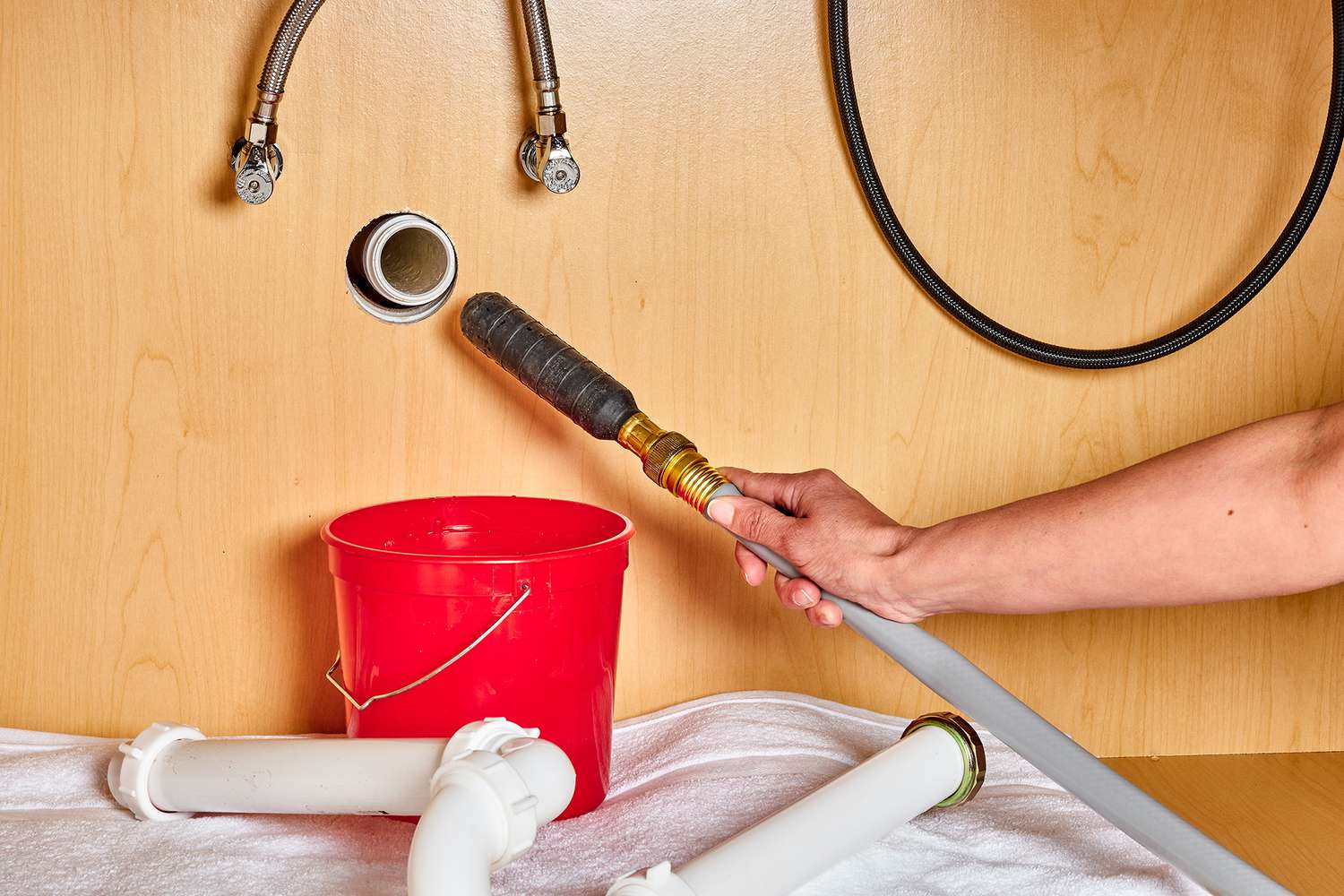
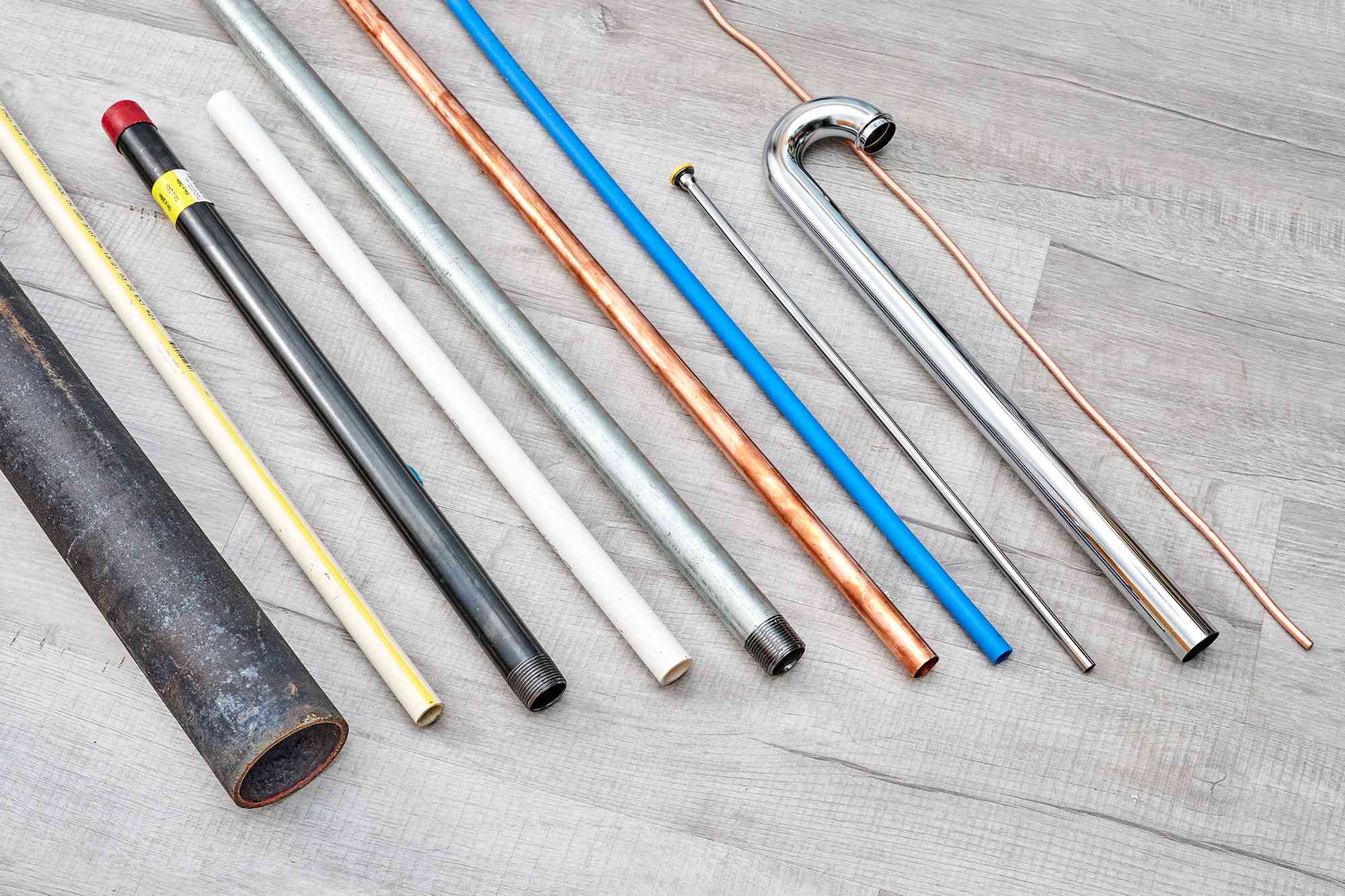
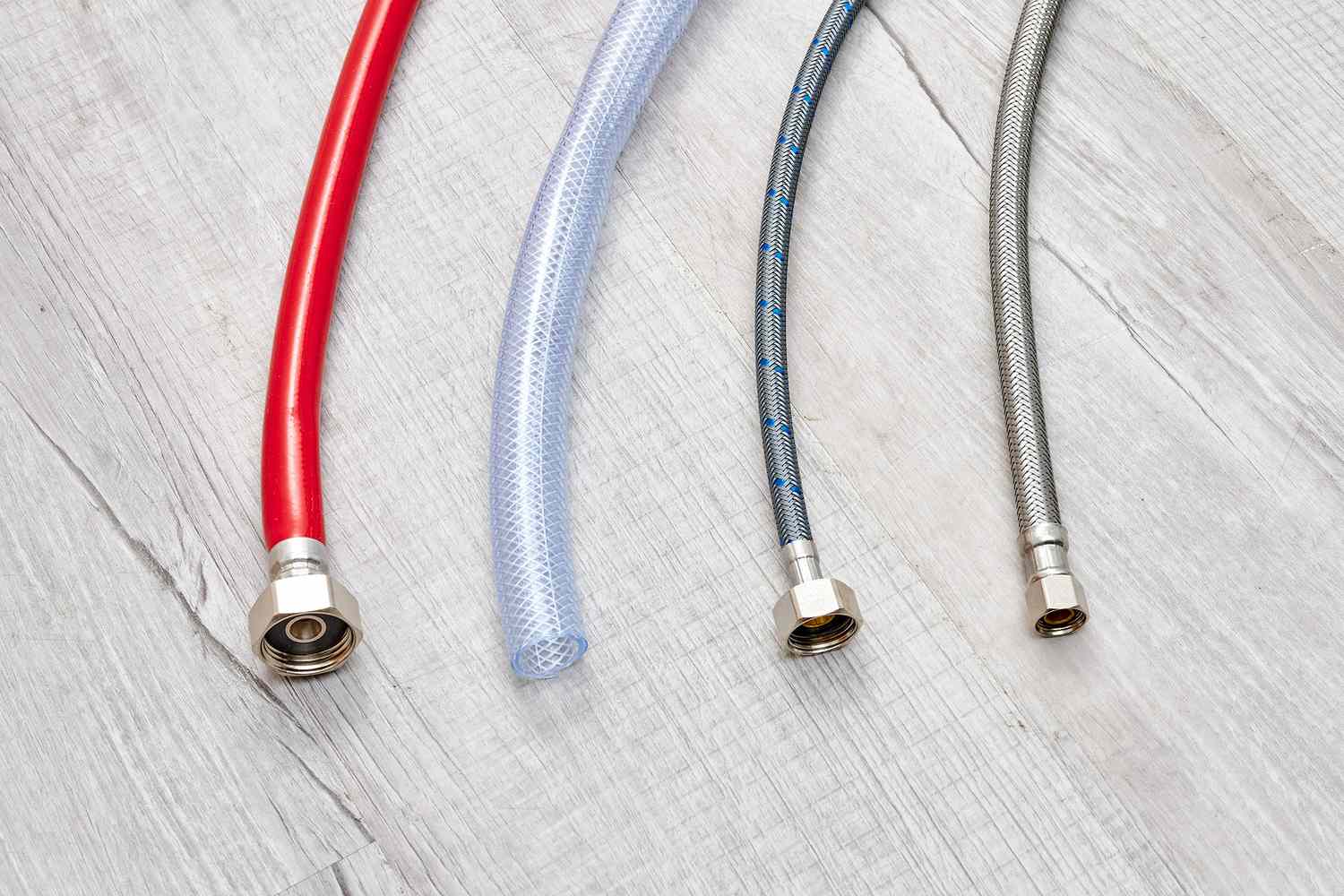

0 thoughts on “Phantom Plumbing Fixing Mysterious Pipe Noises”